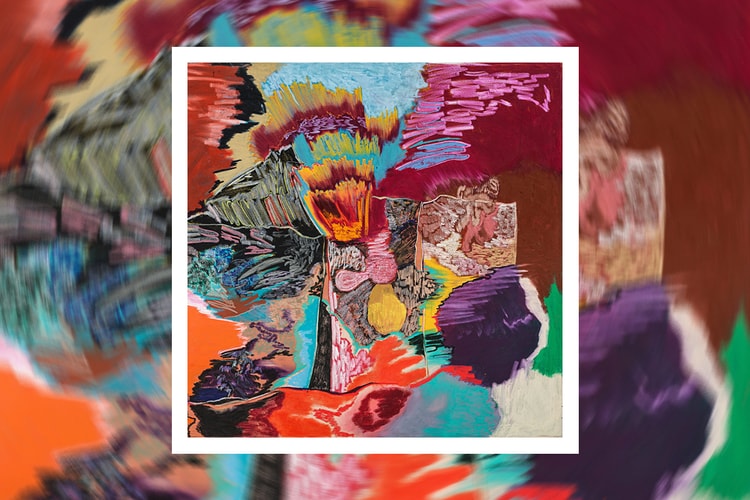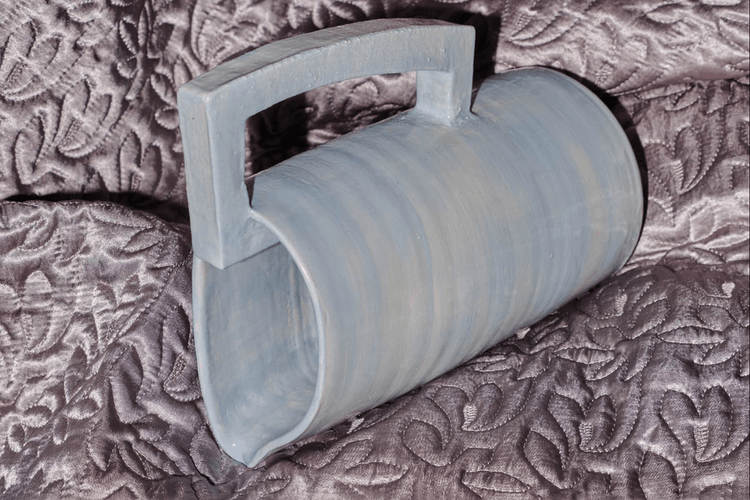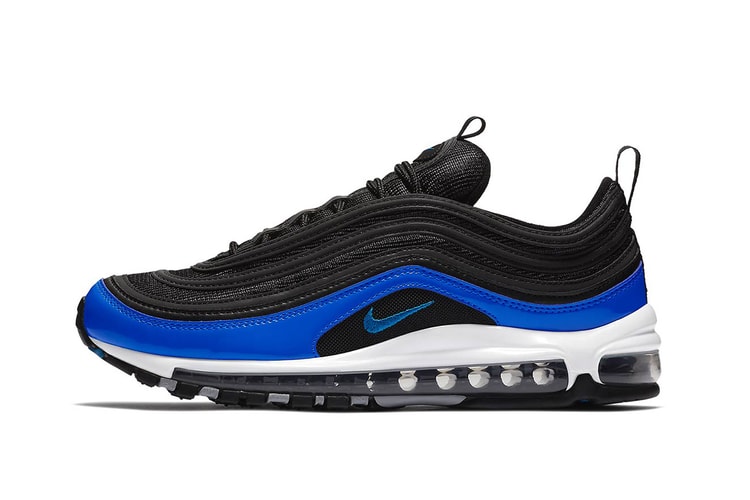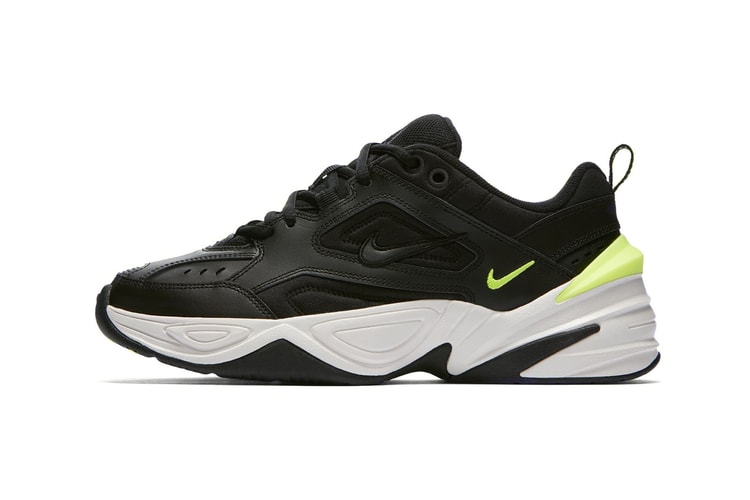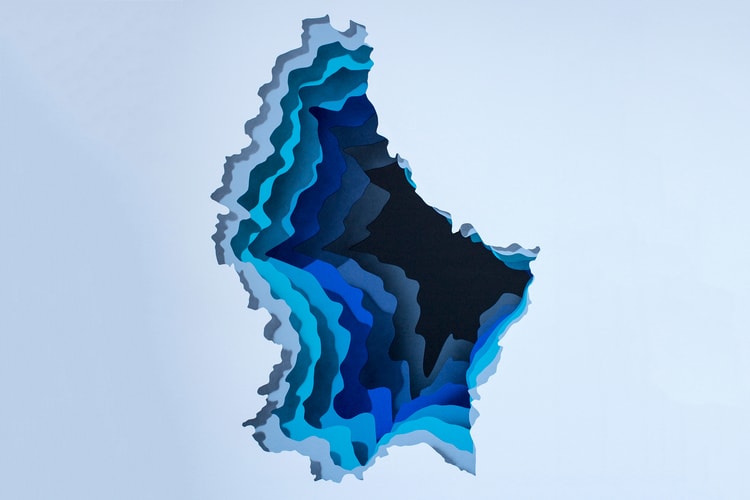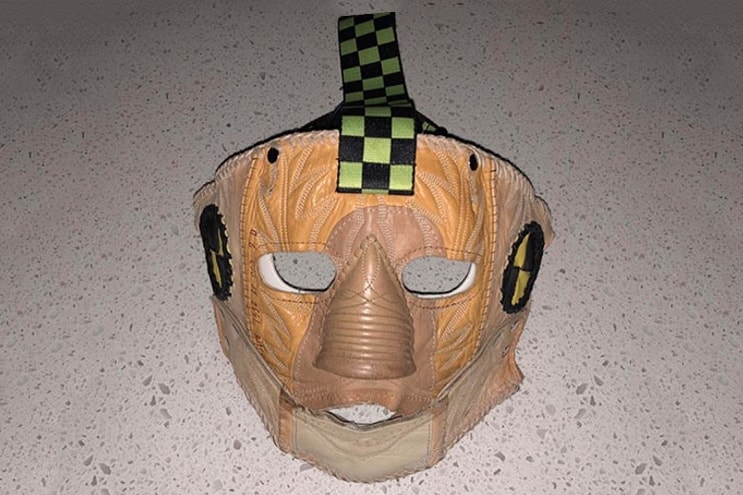Is Bacteria the Answer to the Global Plastic Pollution Crisis?
Scientists accidentally created a mutant plastic-eating enzyme.
With roughly 14% of the 1 million plastic bottles sold each minute around the globe ever getting recycled, the volume of plastic waste versus reuse is pretty limited. Though it’s not a permanent solution, scientists have accidentally created a possible salve. After discovering a plastic-eating bacteria in Japan, researchers inadvertently mutated the enzyme into an even-more powerful strain. Though it only eats through plastic about 20% faster, the University of Portsmouth, UK’s Professor John McGeehan noted, “It’s incredible because it tells us that the enzyme is not yet optimised. It gives us scope to use all the technology used in other enzyme development for years and years and make a super-fast enzyme.”
Compared to the centuries it takes plastic to break down in the environment, the mere days the enzyme needs to begin breaking down plastic are a vast improvement. Researchers are optimistic that the plastic will be able to be repurposed into new bottles, instead of rug or clothing fibers, where it’s normally recycled. This would reduce the environment’s plastic waste and negate the need to harvest more oil to produce bottles. However, scientists are still concerned about potentially replacing the plastic waste with excess greenhouse gases, and are still conducting tests on the bacteria.
For more optimistic science, take a look at Tyler, the Creator joining Bill Nye to assemble the “Shoe Wheel of Death.”




